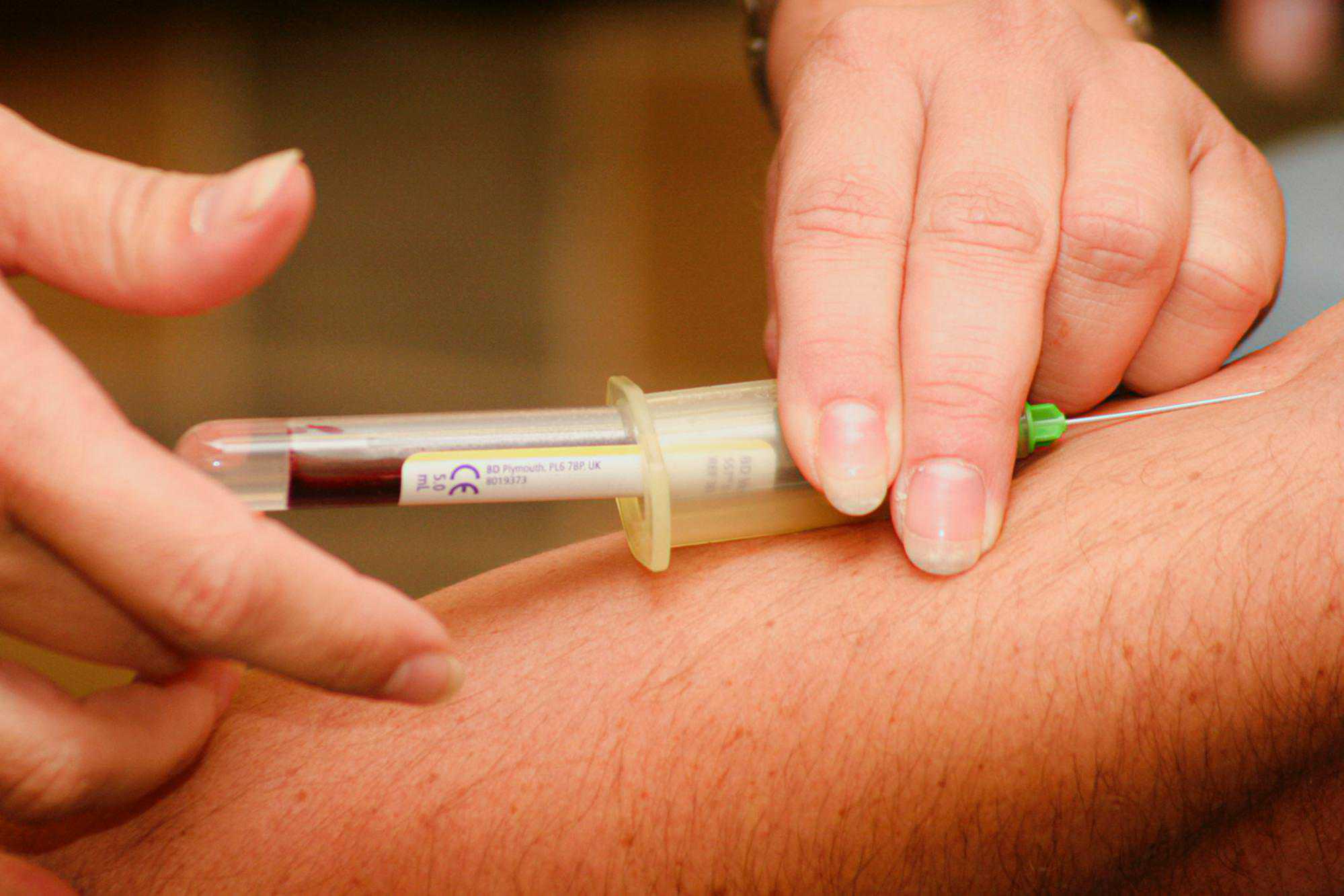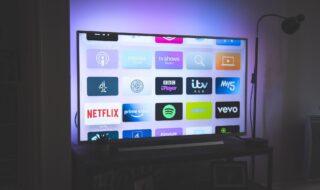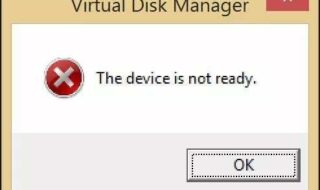In today’s fast-paced world of technology, medical advancements are no exception. With an increasing emphasis on improving patient care, medical professionals and innovators are working tirelessly to develop groundbreaking technologies that revolutionize healthcare. In this article, we’ll take a closer look at some remarkable medical innovations that have the potential to change the face of healthcare for the better.

Contents
3D Bioprinting
3D bioprinting is a rapidly growing field that enables the creation of biological tissues, such as skin, blood vessels, and even whole organs. This technology builds on the concept of traditional 3D printing, but instead of using plastics or metals, it uses living cells as its building blocks. The ability to print tissues and organs has a profound effect on advancing personalized medicine, surgical planning, and research in regenerative and transplantation medicine.
Robotic Surgery
Robotic surgery is a cutting-edge advancement in which surgeons use robotic-assisted technology to perform delicate procedures. These robotic systems can offer the surgeon enhanced precision, flexibility, and control, minimizing the chance of human error. Some of the commonly performed surgeries using robotics include heart bypass, minimally invasive knee replacement, and treatment of various cancers. The adoption of robotic surgery has the potential to reduce complications, shorten hospital stays, and improve patient outcomes.
Advanced Diagnostic Techniques
As medical technology advances, so do our methods of detecting and diagnosing diseases. Magnetic Resonance Imaging (MRI) has long been an invaluable tool in medical diagnostics. Recent advancements in this field have led to improved methods in cancer detection. MRI cancer detection shows promise in identifying cancer at an early stage, increasing the chances of successful treatment and improving patient prognosis.
Nanotechnology in Medicine
Nanotechnology is the manipulation of matter at a nanometer scale, and its application in medicine holds promising potential in various areas such as diagnostics, drug delivery, and tissue engineering. Utilizing nanoparticles in drug delivery systems enables targeted treatment, effectively reducing any side effects while improving the efficacy of the therapy. In addition, nanotechnology has the potential to detect diseases at an early stage through highly sensitive nanosensors, improving patient outcomes and prognosis.
Telemedicine and Remote Monitoring
The digital era has also ushered in modern telemedicine, which uses technology to facilitate remote consultation, diagnosis, and treatment of patients. Telemedicine has gained significant traction, especially in rural areas, where healthcare services are often scarce. The technology permits doctors to provide real-time care to patients and empowers healthcare professionals to monitor their patients’ well-being via wearable devices and mobile applications. As a result, patients can access quality healthcare without sacrificing time and resources.
Virtual Reality and Augmented Reality
Virtual reality (VR) and augmented reality (AR) technologies are transforming the healthcare landscape by enhancing medical training and improving patient care. Medical professionals can use VR and AR for simulating surgeries or complex medical procedures, providing a safe and risk-free environment for training. Furthermore, these technologies can aid in pain management for patients, as they have been shown to reduce anxiety and discomfort during medical procedures. The application of VR and AR technologies in healthcare has the potential to increase precision and improve overall patient experiences.
CRISPR Gene Editing
Clustered Regularly Interspaced Short Palindromic Repeats (CRISPR) is a revolutionary genetic engineering technology that enables scientists to make highly precise modifications in an organism’s DNA. CRISPR technology holds great promise for treating genetic disorders, cancer, and infectious diseases by correcting gene mutations or altering genes responsible for the development of diseases. While there are ethical and safety concerns surrounding CRISPR, its potential impact on patient care is undeniable.
Internet of Medical Things (IoMT)
The Internet of Medical Things (IoMT) is a network of interconnected medical devices, software applications, and health systems that communicate with each other to provide improved patient care. IoMT technology can help streamline and automate data collection processes, reducing human errors and improving decision-making. By leveraging big data and analytics, healthcare professionals can track patients’ health in real-time, facilitate early intervention, and provide personalized treatments. The IoMT can also improve the management of chronic conditions and empower individuals to take control of their health by providing better and more accurate information.
Artificial Intelligence and Machine Learning
AI and machine learning techniques are being increasingly integrated into healthcare systems to aid in diagnostics, treatment, and research. They have the capability to analyze vast amounts of data to uncover patterns and trends, potentially helping to identify risk factors and disease progression. AI-driven tools, such as diagnostic algorithms, can assist healthcare providers in making more accurate diagnoses, and in some cases, they may even outperform human experts. These innovations have valuable implications in areas like radiology, pathology, and clinical decision-making.
Conclusion
These breakthroughs in medical technology hold the potential to revolutionize patient care and transform the landscape of healthcare. As we continue to harness and integrate these innovations, we move closer to a future where personalized medicine and improved quality of care are made accessible to everyone. Combined efforts between medical professionals, technology innovators, and researchers shall diligently continue to usher in new possibilities and hope for a healthier tomorrow.



